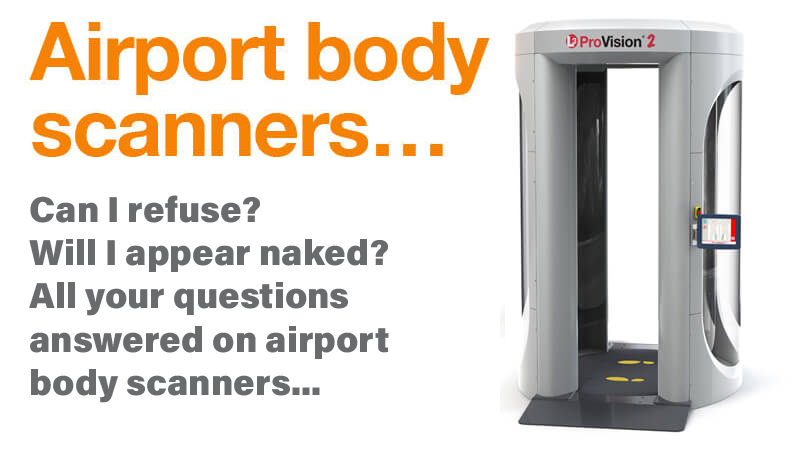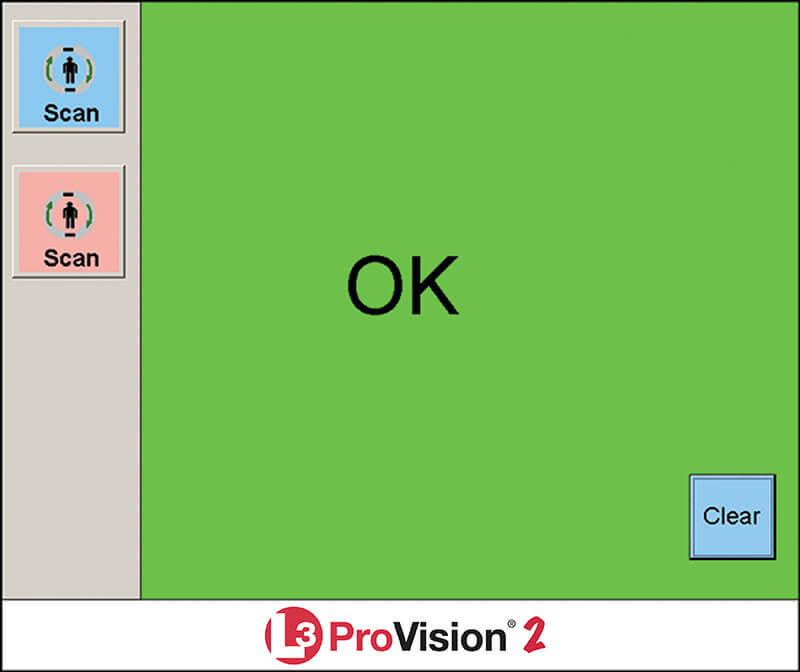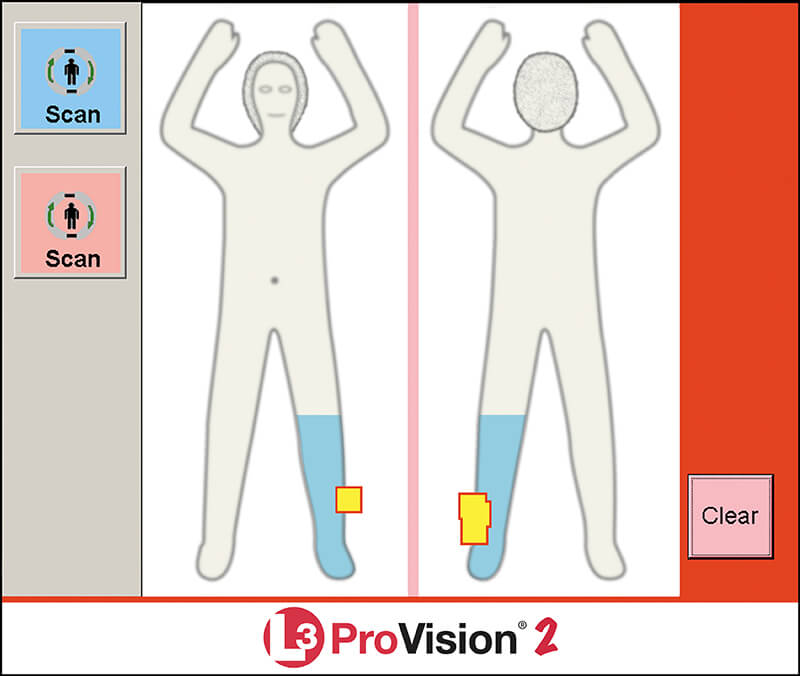
Anyone flying from major UK airports in 2015 could be asked to undertake a full body scan. Being selected can be a daunting experience, so here’s all the information you need to make sure you’re fully aware of what the machine does and what your rights are.
Here’s all the information you need when making your way through security…
Airport body scanners… your at-a-glance guide
All scanning systems must use millimetre wave imaging technology to flag objects that could be concealed under clothing.
Yes, according to Government research. Tests have concluded that the scanner is less invasive than a mobile phone or than being in the sun. It is also certified as safe for pregnant women, children and those with medical implants such as pacemakers.
No. Passengers will go through the usual metal detector gates, but some will be picked out at random to be tested in the scanner. The exact reasons why someone gets chosen are kept secret for security reasons, but selection cannot be based on criteria such as disability, sex, gender reassignment, age, race, religion or belief, pregnancy and maternity and sexual orientation.
You will be asked to stand in the machine and assume a particular position if chosen. There might also be a request to rotate to a second position. The scan will take just a few minutes.
No, not in any image that’ll be seen by a human. The scanner uses an Automatic Threat Recognition and Detection functionality to digitally look for possible threats. If any are detected, the scanner will display them on a ‘gingerbread man’ image for the human operator to review. He will then decide if a physical search is needed.
Okay. If the scan is clear the operator will only see the first screen, if areas of threat are detected, the second screen will be displayed with the mannequin outline – not your actual image.

Images Credit
The image is analysed from within the computer and will never be seen, transmitted, saved or printed.
No. Children might also be asked to go through the body scanner.
The Government’s Code of Conduct covering body scanners states: ‘An individual may opt out of being scanned. In this instance, the individual must either be screened by an alternative method which includes at least an enhanced hand search in private or that individual must not be permitted to enter the security restricted area, or, if applicable, he or she must be removed from it. An enhanced hand search in private must take place in a private room or an area away from the main search comb. This may involve the loosening or removal of clothing.
How about you click right here

I think people should have a choice regarding going through these body scanners.
Every bodies body is different and regardless of what is said regarding the safer of these scans, no one truly knows how the scans will affect an individual.
People should not be felt like they are doing something wrong if they would prefer a body search, which I have seen at airports.
Once a procedure is being used which imposes on an individual’s person, there should be a choice….
Your point raises an important issue about personal rights and bodily autonomy, particularly in settings like airports where security measures can feel invasive. Raising awareness about these issues and encouraging dialogue can lead to policies that respect personal choice while maintaining security standards. Governments, airport authorities, and security agencies should recognize the importance of offering alternatives and treating all passengers with dignity.